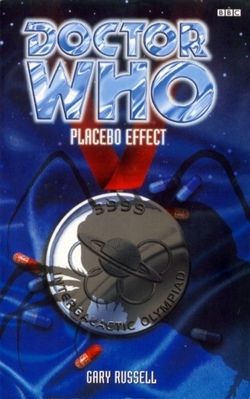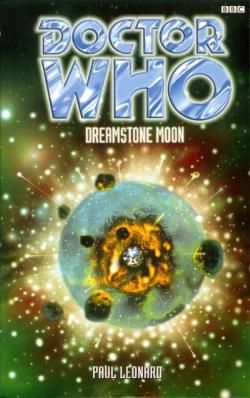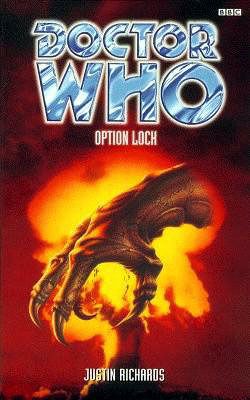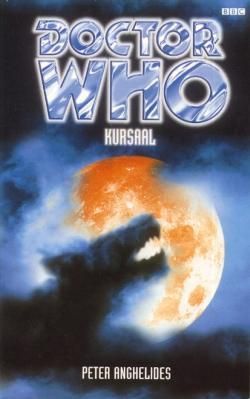
Placebo Effect by Gary Russell
In Brief: The novel that asks the question "What would happen if the Foamasi were to meet the Wirrrn?" and DARES TO GIVE THE ANSWER!
And again it looks like I've been given false hope regarding the Eighth Doctor books. After the exemplary Seeing I we're back to the norm of mediocrity. There's just such a lack of ambition to many of the books it's extremely frustrating, as if the publishers have decided that they'd rather coast on the fumes of nostalgia of Doctor Who rather than attempt anything new. Placebo Effect is a dumb, cliched mess of a novel which manages to sour the memory of the stories from which it draws inspiration.
The book involves The Doctor falling into a scheme involving The Foamasi (from 1980's "The Leisure Hive") which is actually a red herring as the *real* threat is a plot by The Wirrrn (from 1975's "The Ark in Space") using the cover of the Olympic Games of 3999 (set a year before the events of 1965/66's "The Daleks Masterplan") to spread their genetic code across the universe and therefore amalgamate all other species into the Wirrrn hive-mind. There's also something about some religious zealots and bad comedy involving the aristocracy.
While the plot doesn't sound any sillier than other entries in the series the problem is that Russell seems to actually think he's writing a rather serious sci-fi novel that probes "the big questions". This probing mainly comes down to interminable passages as Sam tries to debate evolution and other themes with the religious order or when we get into in-depth explorations of the Foamasi social structure. This must have all seemed fascinating to the author, but the reader is faced with pages and pages of nothing happening while characters have discussions about matters that have nothing to do with the rest of the story.
When events finally do start moving (around 3/4ths of the way into the book) it all just becomes a gun battle as various factions of police run around firing at emerging Wirrrn grubs. And then at the end everything blows up through The Doctor ramming a cord into an electrical outlet.
However Placebo Effect at least wasn't painful, just dumb and very poorly paced. Gary Russell does seem to have some sort of strange ability to at least keep interest by throwing random items into the plot. However nothing really coalesces, so there's no sense of a story happening here, just a lot of different characters running around talking to each other before the big skirmish at the end.
Also, all of the good work in Seeing I is undone as The Doctor and Sam revert to being the underwritten pod-people the characters have been through too many of these novels. In making Doc 8 noticeably different from the controlling #7 they've gone too far and made him too light-weight. This version of The Doctor has no commanding presence or real impact on events, at times almost seeming buffoonish. And Sam, despite being a few years older, is still the "RIGHT ON!" 90s-chick that had grated so very much.
So, I have to report that Placebo Effect is another hum-drum entry in the series. Considering the poor hit-rate with these books I'm beginning to become very surprised that they were actually published on a monthly basis for almost 8 years.





